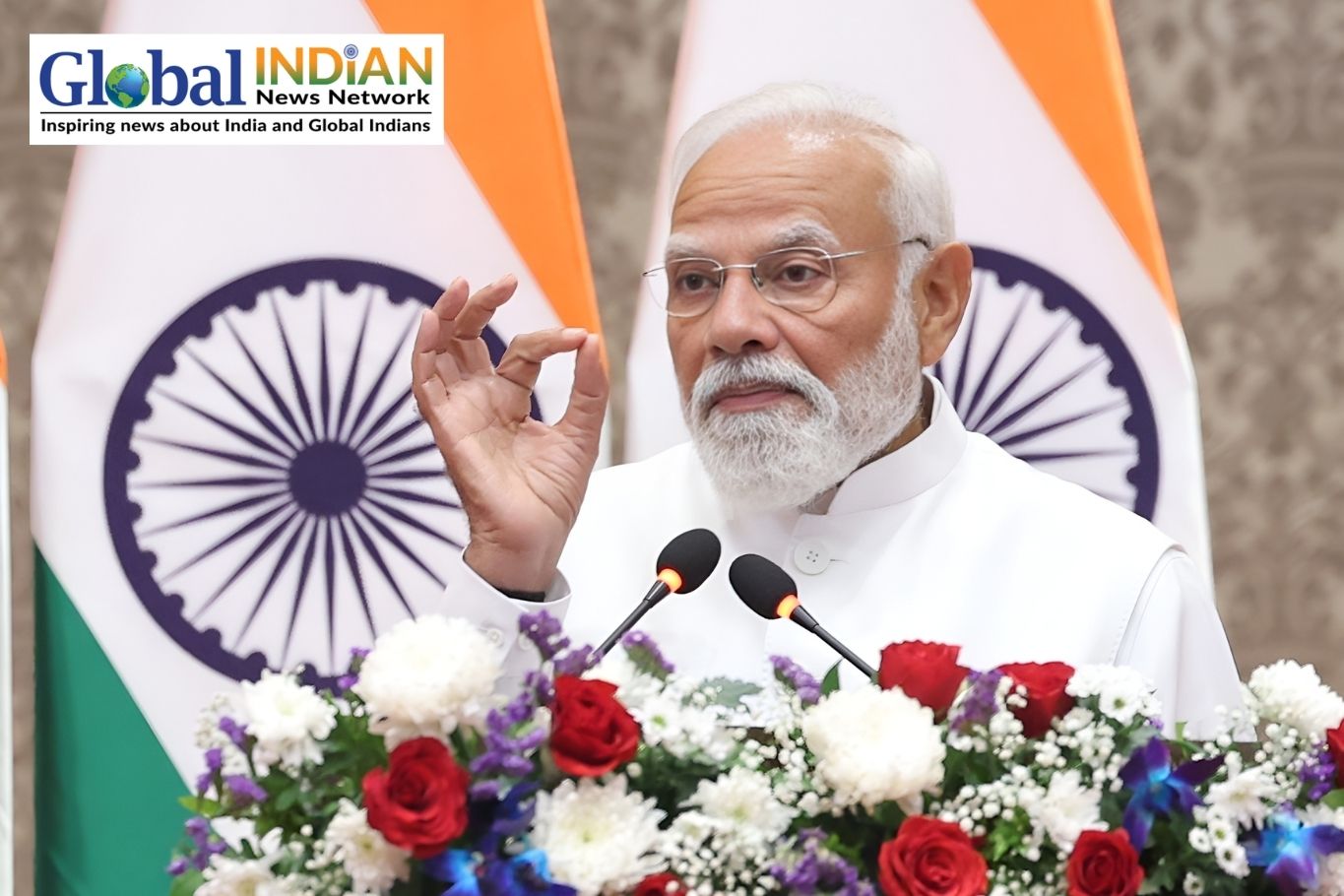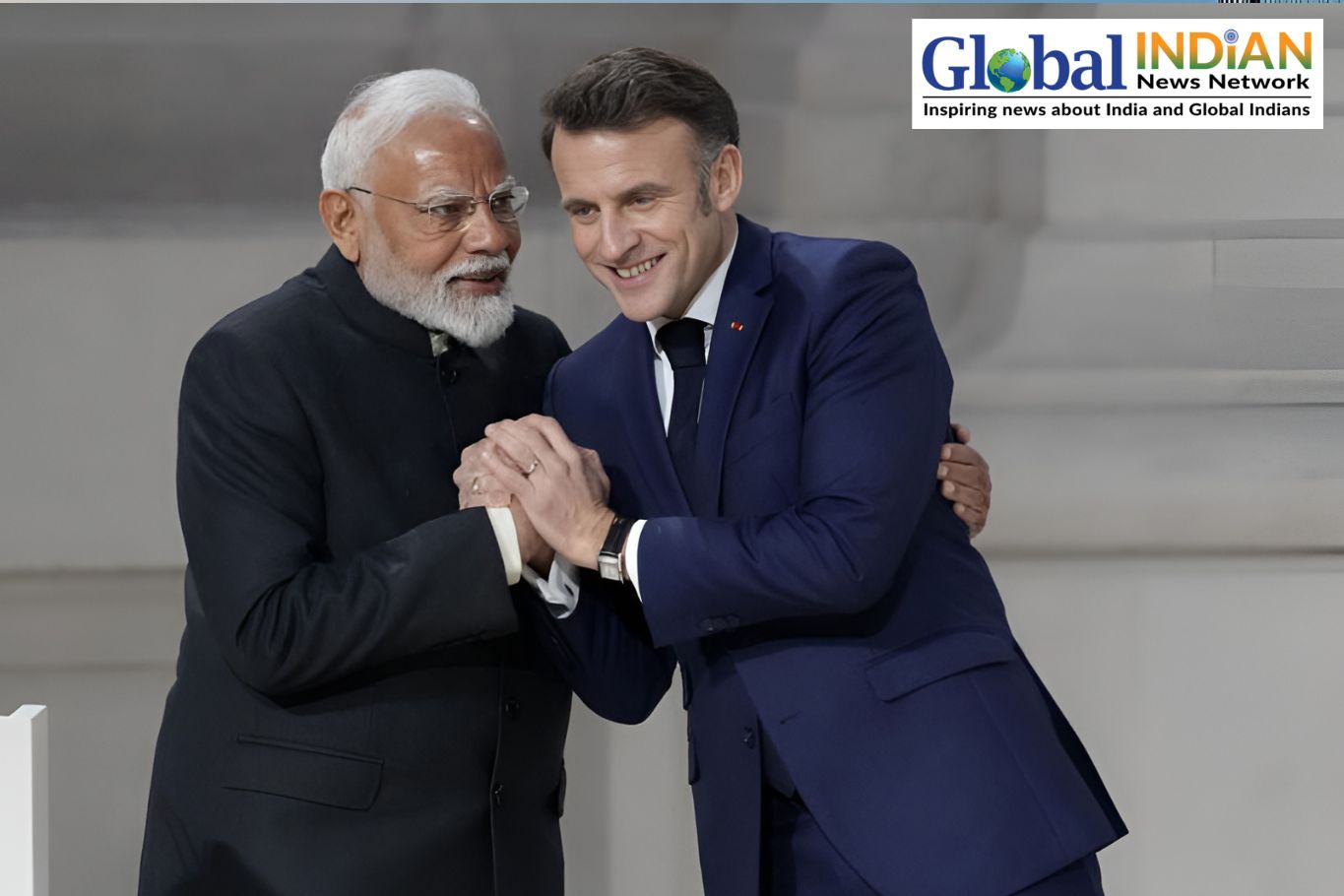By Raj Shah
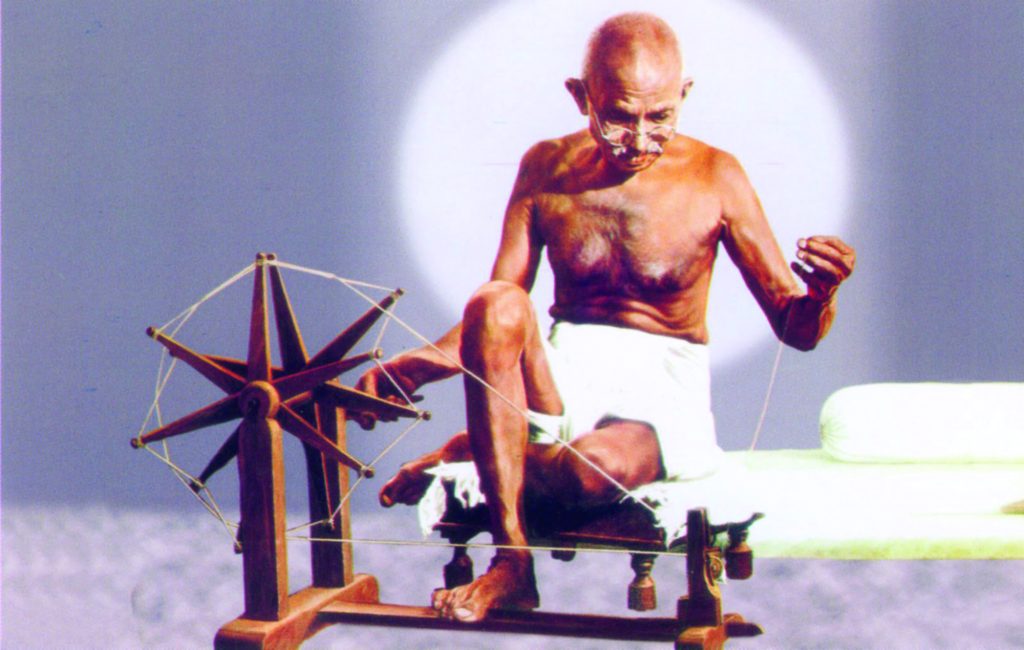
Mahatma Gandhi once said, “My life is my message.” This powerful statement encapsulates Gandhi’s philosophy and the way he lived his life. Instead of preaching his beliefs through mere words, Gandhi emphasized the importance of living by example. It is a reminder that our actions speak louder than our words and that the best way to inspire others is to lead by example.
Let’s delve a bit deeper into the meaning and significance of this quote:
- Walk the Talk: Gandhi believed in the idea of leading by example. He felt that the most convincing way to convince others of a principle was to live by that principle himself. Throughout his life, Gandhi practiced non-violence, truth, and simplicity, among other ideals.
- Consistency between Words and Actions: It is one thing to preach a set of values and entirely another to live by them. Gandhi’s life was a testament to his commitment to his beliefs. Whether it was wearing simple clothes, living in a commune, or fasting for peace, his life reflected his messages.
- Influence through Actions: Gandhi’s life showed that the most potent way to influence others isn’t necessarily through charismatic speeches or grand gestures, but through consistent and genuine actions. People believed in his message because they saw him live it every day.
- Simplicity and Authenticity: “My life is my message” also speaks to the simplicity and authenticity of Gandhi’s approach to life. He did not believe in the flamboyance of words but rather in the power of genuine actions.
- Universal Relevance: While this quote was personal to Gandhi, its message is universally relevant. Each of us communicates a message through our actions, decisions, and lifestyle, whether we intend to or not.
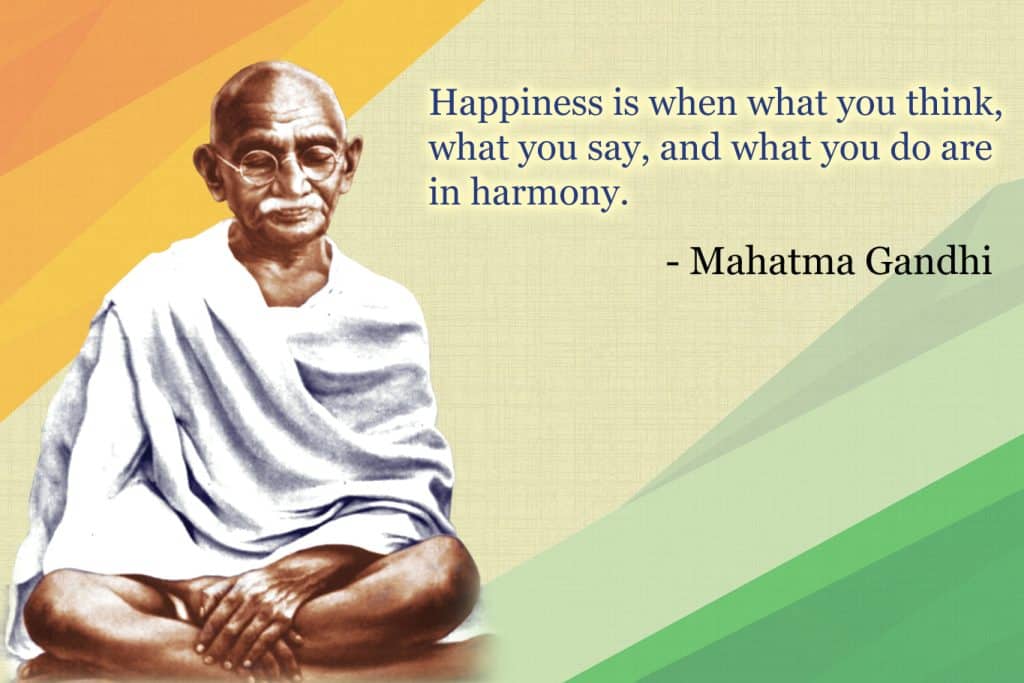
In our current age of information overload, where words often lose their weight, Gandhi’s philosophy serves as a timely reminder of the enduring power of authentic action.
Gandhi lived his life according to the principles of non-violence, truth, and simplicity. He believed that these principles were essential for creating a more just and peaceful world. He also believed that everyone, regardless of their social status or background, had the potential to make a difference.
Gandhi’s life and message continue to inspire people around the world. His example shows us that it is possible to achieve great things through non-violence and love. It also shows us that we all have the power to make a difference in the world.
Here are some of the key messages that Gandhi lived by:
- Non-violence: Gandhi believed that violence was never the answer. He advocated for ahimsa, or non-violence, as a way to achieve social change. He believed that non-violence was more powerful than violence because it appealed to the conscience of the oppressor.
- Truth: Gandhi believed that truth was the foundation of all morality. He lived his life according to the principle of satya, or truth. He believed that we should always speak the truth, even when it is difficult.
- Simplicity: Gandhi believed that simplicity was essential for living a meaningful life. He lived a simple life, free from material possessions. He believed that we should focus on the things that are truly important in life, such as love, compassion, and service to others.
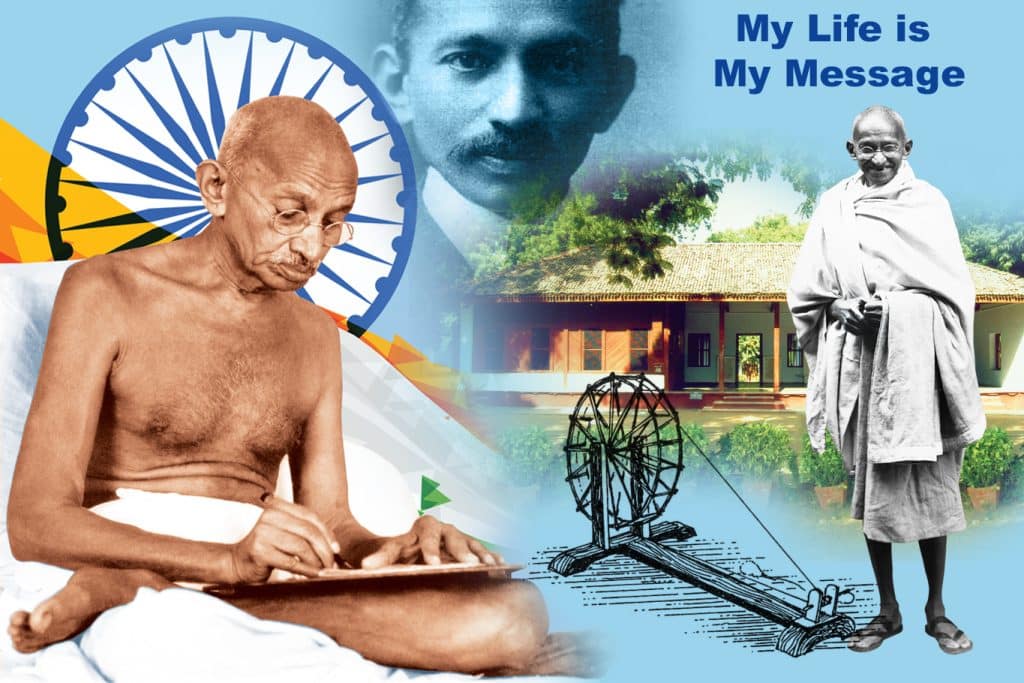
Gandhi’s message is still relevant today. We live in a world that is often divided by violence, hatred, and greed. Gandhi’s message of non-violence, truth, and simplicity offers a way to overcome these challenges and create a more just and peaceful world.
Gandhi’s commitment to truth was evident in his honesty and transparency. He was always willing to admit his mistakes and learn from them. He also believed that the truth was essential for building trust and cooperation between people.
Gandhi’s commitment to non-violence was perhaps his most distinctive feature. He believed that violence was never the answer, even in the face of oppression. Instead, he advocated for nonviolent resistance, such as boycotts, civil disobedience, and hunger strikes. Gandhi’s philosophy of non-violence has inspired people all over the world, and it has been used to achieve social and political change in many countries.
Gandhi’s commitment to social justice was evident in his fight for the rights of all people, regardless of race, religion, caste, or gender. He was a champion of the poor and marginalized, and he worked to create a more just and equitable society.
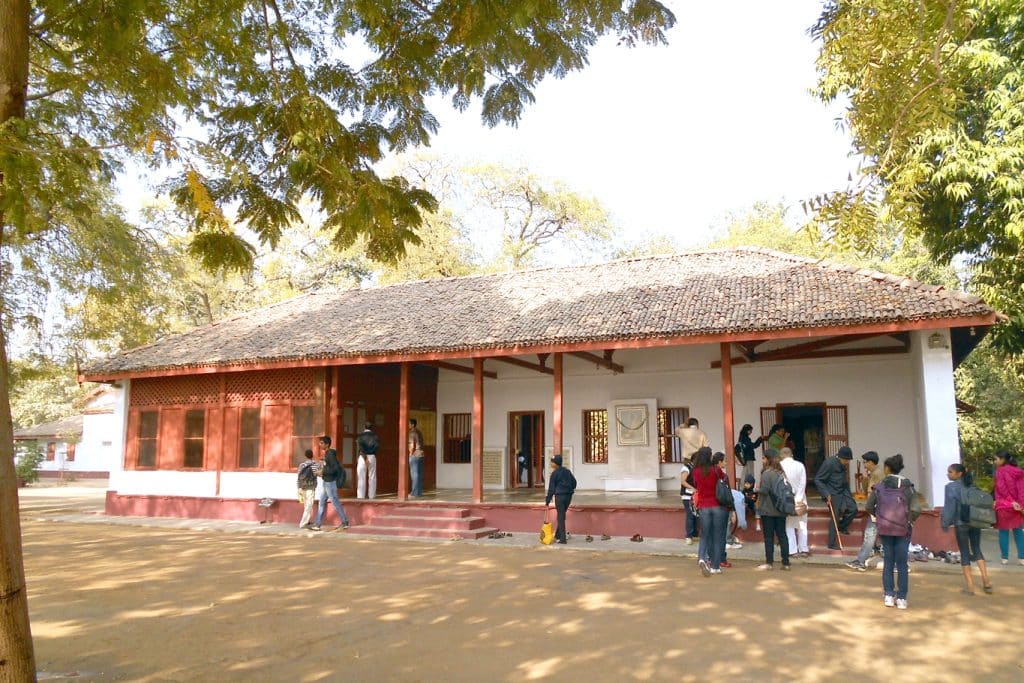
Gandhi’s life was a testament to the power of his message. He showed the world that it is possible to achieve great things through truth, non-violence, and love. His legacy continues to inspire people all over the world to work for a better future.
Here are some examples of how Gandhi’s life was his message:
- He lived a simple life, renouncing material possessions and living among the poor.
- He fought for the rights of all people, regardless of race, religion, caste, or gender.
- He used non-violent resistance to achieve social and political change.
- He was always honest and transparent, even when it meant admitting his mistakes.
- He was committed to truth and justice, and he worked to create a more equitable world.
Gandhi’s life is a powerful reminder that we can all make a difference in the world, no matter how small our actions may seem. By living our lives in accordance with our values and principles, we can inspire others to do the same.

